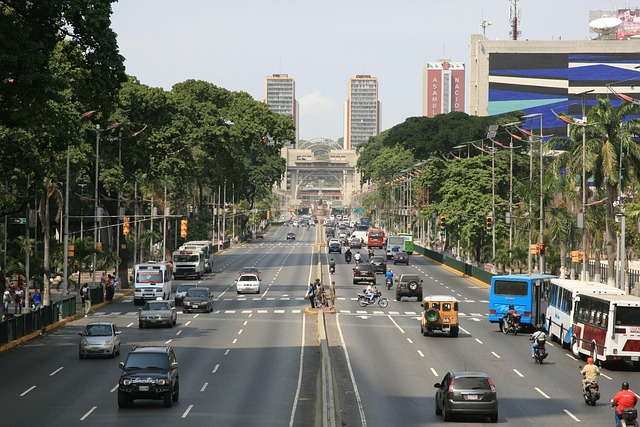
There are some fundamental building blocks in society, without which the entire structure would collapse. Unfortunately, individual components can erode and be misinterpreted over time; we take them for granted and rarely consider their meaning or condition. Below is a brief list.
Citizenship
Citizenship is based on a sense of community – a feeling of belonging through shared history, heritage or identity – but it also means a legal bond with a country, with rights and responsibilities.
Even though the concept is sometimes downplayed, it’s still really important. Most people acquire citizenship at birth, but when someone actively seeks new citizenship, we should ask ourselves why: is it for security reasons, economic reasons or a genuine desire to contribute?
Citizenship should be granted with care, as a recognition of those who are seriously committed to their new society. It is a valuable bond – and should be treated as such.
Unicity
Protecting one’s own uniqueness is not something that should be subject to unnecessary criticism. It is sound to defend yourself, one’s family, one’s people and one’s culture. It is also a right that applies to all peoples, including the indigenous peoples of a country.
Tax
The purpose of the tax system is to return money to taxpayers; it is an institution based on trust and mutual payment. The idea is not that we should support outsiders, even if that may be a nice idea; the purpose is to support each other in a given group, where all members contribute in solidarity. If we violate the idea of self-taxation, trust in the system will be eroded and ultimately dissolved.
Freedom of expression
It may be foolish to make derogatory remarks about individuals or groups, to say that you dislike them, or even hate them. But it is not a criminal offence. Stealing from, coercing or murdering individuals or groups, on the other hand, is a criminal offence. And it has been a crime since time immemorial.
View of man
We are certainly equal before the law, authorities and institutions. We have the right to be treated equally by courts, police and public officials. But on a human level, not everyone is equal. Everyone is different.
The idea of ‘equal value for all’ is based on confusion. Of course, one can talk about a distinct human value on a philosophical level, but that means nothing in practice. No one values a homeless person as highly as their mother. If everyone were equal, love, trust and friendship could not exist. We value people differently, we like some and dislike others. This is deeply human, and it is something that will remain regardless of technological developments or political trends.
Showing courtesy and respect to strangers is also a human trait. The stranger may bring news from other places, she may have goods to sell, or convey new customs and practices? Curiosity is a human trait and has contributed to the survival of humanity throughout history.
Suspicion is an equivalent trait that has also contributed to our survival. We do not have to accept the stranger’s ideas, goods or culture. Politeness and compliance are two different things. We are polite as long as the recipient is also polite, we are friendly as long as friendliness is shown to us. Nothing else is required, nothing else is owed.
Excessive politeness and friendliness are signs of weakness that will be exploited. Excessive suspicion and hostility are also wrong and can lead to a poorer existence. We should be moderate with our feelings and reserve them for individuals who show us the same respect.
Summary
The five points I have listed are self-evident. They may be subject to criticism and scrutiny, but they are rooted in our history and human nature. Changing such fundamental things creates dissonance. For example, demanding unreasonable taxes and using them for the benefit of outsiders, or allowing individuals into the community who do not contribute, or even destroy it. Demanding that people speak in a certain way and not allowing them to discuss certain things, or that they should like people they have no feelings for. The reasons for this may be well-meaning or based on deeply held ideological positions, but the result is and remains tyranny.







